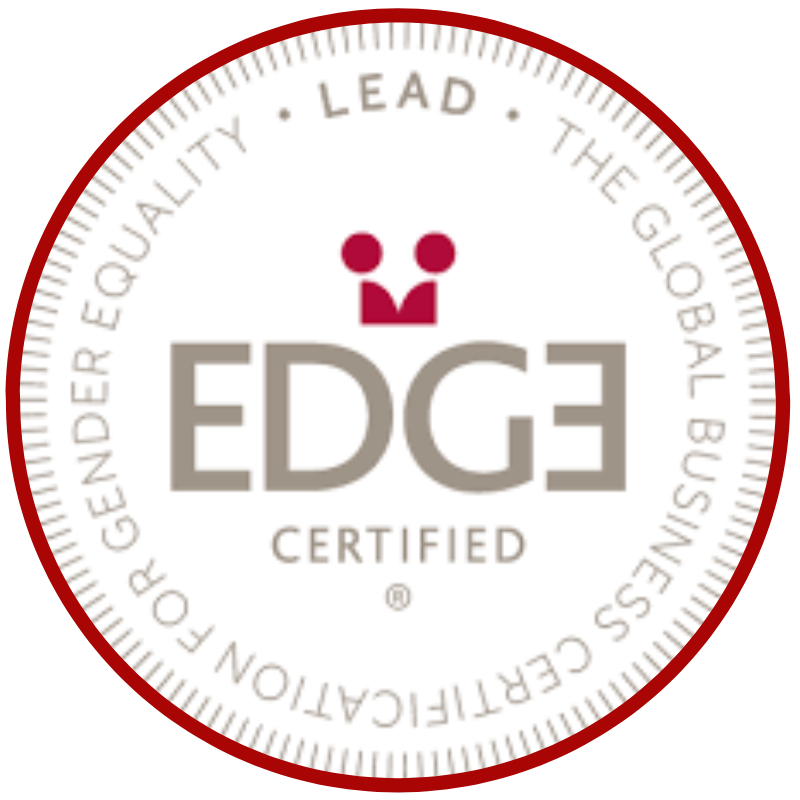GUEST POST by Lauren Supina Farber
There is a strong link between gender equity and environmental sustainability although we often see them mentioned in separate silos. These two issues link a great number of perspectives in a common cause.
Climate change is a drain of our natural resources and gender equality is vital to the role women play in creating a sustainable future. Sustainability is about women. We all recognize that society flourishes when women’s power is unharnessed and raising international awareness about the connection between women’s roles and environmental sustainable development is essential to our future. As Ambassador Verveer stated “Environmental Issues are Women’s Issues”. Women have long been promoting solutions to environmental issues throughout the world – from indoor air pollution in the United States to safer cook stoves in Asian villages to better lanterns in Africa. But we need to do far more to ensure that women’s ideas reach policy tables. We need to raise the profile of issues on the international stage with women as climate leaders. Women must mainstream issues at the policy level and we must work to ensure that these issues are not relegated to the margins as separate and unaffiliated.
Ambassador Verveer pointed out that women comprise the majority of small farmers. Thus, the responsibility for adaptation of food security challenges falls primarily to women. But in the middle lies the fact that women are significantly less likely to own their land or have credit to implement environmentally friendly farming practices. This restricts their ability to contribute to economic growth that would benefit their families. Closing the gender gap would significantly raise the total output in farming for women. Women with access to education and training are more likely to adapt climate smart/safe practices. Programs have proven exponentially more successful when women are involved.
Women use their income to create a multiplier effect in every industry, whether they are small farmers, textile manufacturers or small business owners. Money talks. Women control 2/3 of consumer choices and $12 trillion. If we keep all of this in mind, we can redefine how we think of women and sustainability.





